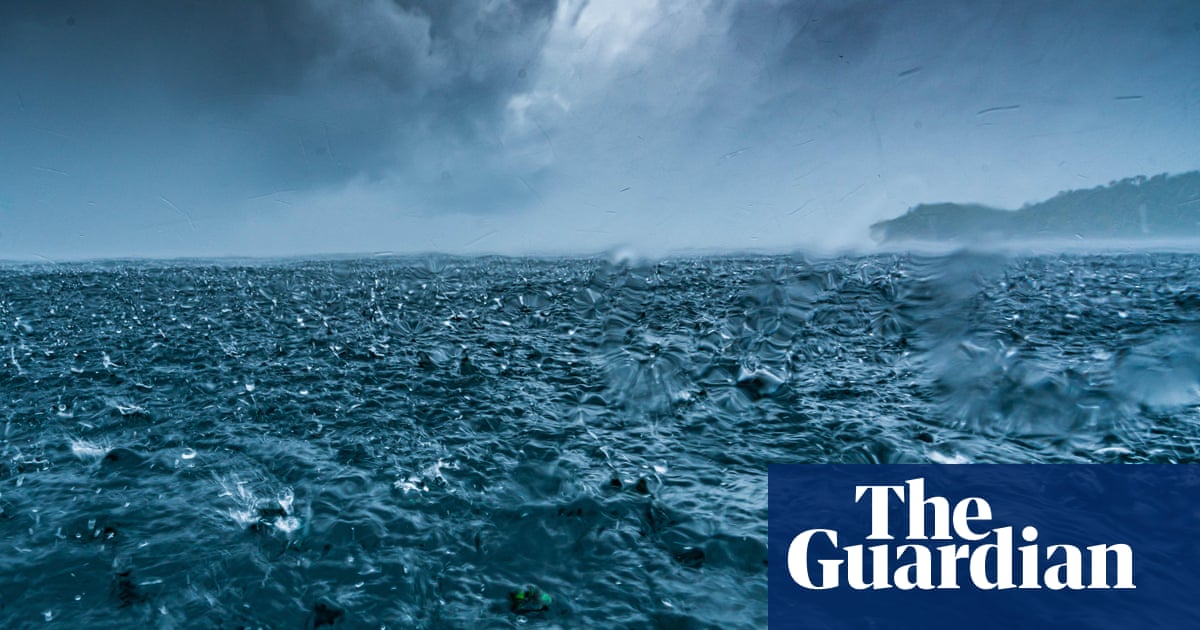- cross-posted to:
- environment
- [email protected]
- news
- [email protected]
- cross-posted to:
- environment
- [email protected]
- news
- [email protected]
The circulation of the Atlantic Ocean is heading towards a tipping point that is “bad news for the climate system and humanity”, a study has found.
The scientists behind the research said they were shocked at the forecast speed of collapse once the point is reached, although they said it was not yet possible to predict how soon that would happen.
Using computer models and past data, the researchers developed an early warning indicator for the breakdown of the Atlantic meridional overturning circulation (Amoc), a vast system of ocean currents that is a key component in global climate regulation.
They found Amoc is already on track towards an abrupt shift, which has not happened for more than 10,000 years and would have dire implications for large parts of the world.
We need to take climate change much more seriously
I know it’s barely February but this is my vote for understatement of the year.
Thank God we’ve spent decades fine tuning and honing our economy and society to better take care of each citizen, and changing our standards and practices from a profit based motive, to one about compassion and happiness, with a focus on sustainability and equality.
Hahaha, just kidding, it’s the climate apocalypse.
The collapse has climate changes 10x faster than the rise and is irreversible (on human time-scales). The movie Day After Tomorrow was an over-the-top movie about the AMOC collapse. So while we won’t get an instant ice-age, it sounds like most everybody is gonna have a bad time (especially low-elevation coastal regions).
The coastal rainforest and mountains of the west coast of North America are some 40% under normal rainfall and snowpack.
Unless things change dramatically, shit is going to hit the fan this summer. That region supplies water to most of North America’s farms.



